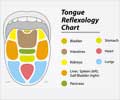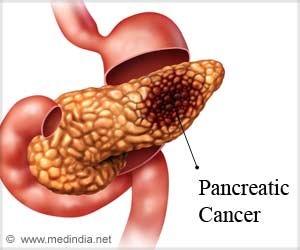Brian Hill , founder of America's Oral Cancer Foundation , walks his talk.
Brian Hill , founder of America's Oral Cancer Foundation walks his talk.
In spite of Hill following every oral hygiene and care technique to the dot, he was diagnosed with advanced oral cancer . He notes that the primary tumor - a "red velvety patch" in his upper throat, was large enough to have been caught by an observant doctor.Ten years on, while Hill is grateful to be alive, he is unhappy that most cancers of the mouth and throat still are caught late. "We really don't have early diagnosis taking place," says Hill, 59.
According to figures 34,000 people a year are diagnosed with oral cancer. Out of this 7,500 die from it. Just 50 percent of those diagnosed survive five years, gives the American Cancer Society.
A typical oral cancer is deadly "largely because it's detected too late," warns Richard Price, consumer adviser for the American Dental Association (ADA). Few consumers are aware of oral cancer, even though it causes double the number of deaths as cervical cancer, Price says.
The ADA launched magazine advertisements and billboards this month urge people to undergo screening for oral cancer. The ads also promote the use of a brush device which dentists can use to sample suspicious spots for cancerous or pre-cancerous cells.
The American Association of Oral and Maxillofacial Surgeons suggests that doctors or dentists should scrutinize the oral cavity thoroughly during any routine examination for suspicious signs. "Every dentist should do this on every patient at every six-month or one-year checkup," opines Baltimore head and neck surgeon James Sciubba.
Advertisement
Oral cancers as with cancers of the larynx (voice box), are strongly linked to smoking. People who smoke and drink heavily face the highest risk. Chewing tobacco may increase the risks, yet about 25% of patients don't use tobacco, says Sciubba.
Advertisement
“Some people may believe oral sex is safe sex”, Sturgis says. "But, at least for cancer, that's not true”, he adds.
According to Johns Hopkins oncologist Maura Gillison screening for oral cancer in the future might include testing for HPV. For now, she entreats people to check out suspicious symptoms even if they don't smoke. "Almost every week, I see someone who had a persistent sore throat or had a mass in their neck and were told, 'You're healthy, you don't smoke, you don't drink, you're fine,' and they had advanced cancer”, she warns.
Source-Medindia
ANN/P











